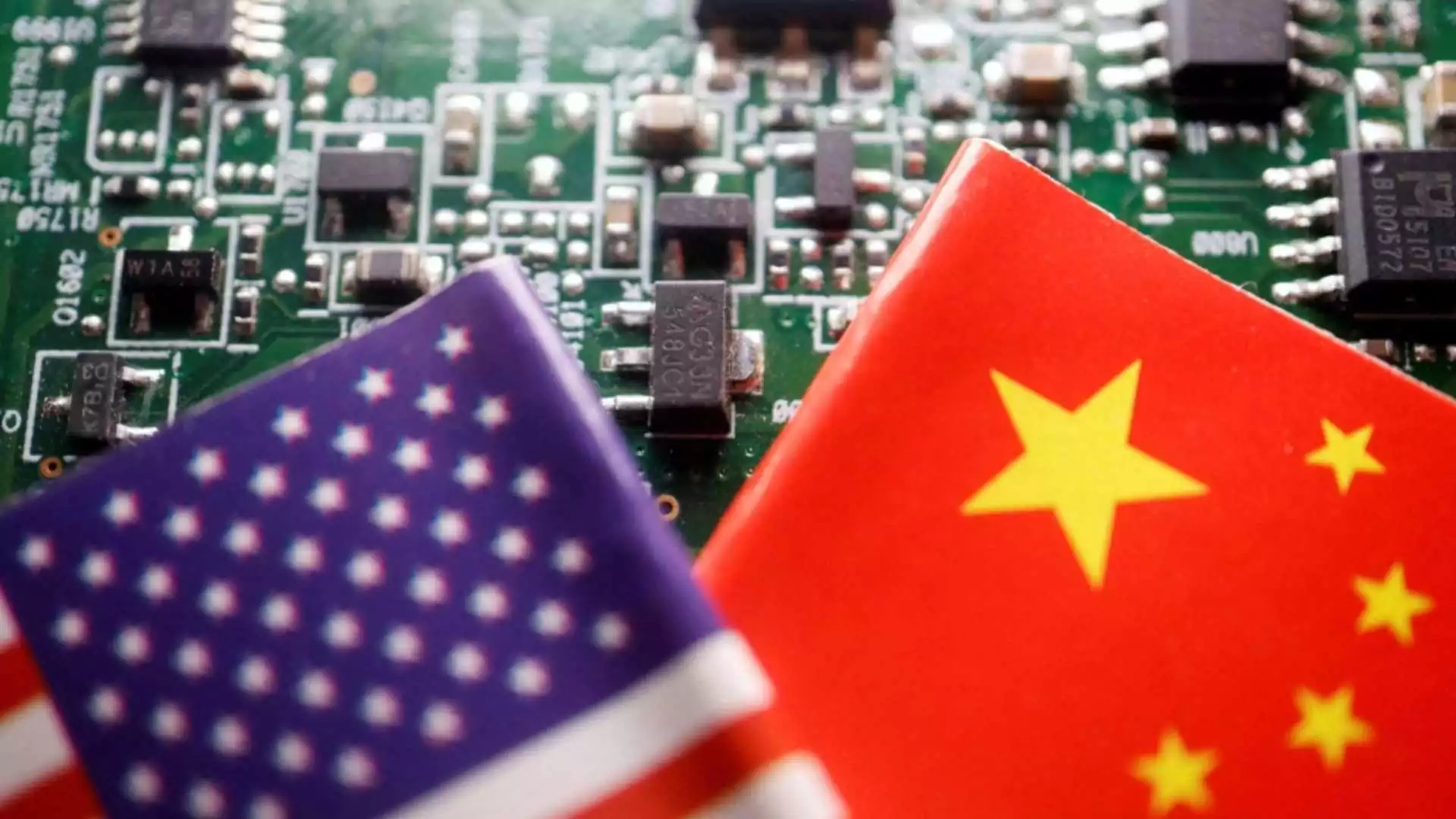The U.S. government unveiled new regulations on Monday, significantly tightening controls on the export of artificial intelligence (AI) chips and related technology. The updated rules aim to ensure the U.S. retains its dominant position in AI while preventing adversaries like China, Russia, Iran, and North Korea from accessing advanced computing power.
The new measures divide countries into tiers, limiting the export of AI chips to most nations while granting unrestricted access to the U.S.’s closest allies. These allies include countries like Japan, the United Kingdom, and South Korea.
“The U.S. leads AI now — both AI development and AI chip design, and it’s critical that we keep it that way,” said U.S. Commerce Secretary Gina Raimondo.
Protecting U.S. Leadership in AI
The updated regulations mark the culmination of a four-year effort by the Biden administration to limit China’s ability to develop advanced AI technologies that could bolster its military capabilities. The rules also close existing loopholes and introduce stricter controls on the global flow of AI technology.
The measures include limits on the export of advanced graphics processing units (GPUs), which are essential for training AI models. Companies like Nvidia and AMD, leading suppliers of AI chips, are expected to be significantly impacted by these restrictions.
Shares of Nvidia and AMD fell by 2% to 3% in premarket trading following the announcement. Major cloud service providers, including Microsoft, Google, and Amazon, also saw a slight dip in their stock prices.
Tiered Export Controls and Country Caps
The regulation categorizes countries into three tiers:
- Tier 1: Includes 18 countries such as Japan, South Korea, and the Netherlands, which are exempt from most restrictions.
- Tier 2: Includes approximately 120 nations, including Singapore, Israel, and Saudi Arabia, which face country-specific caps.
- Tier 3: Consists of arms-embargoed nations like China, Russia, and Iran, which are completely barred from receiving AI technology.
Companies headquartered in the U.S., such as AWS and Microsoft, will be allowed to deploy no more than 50% of their AI computing power outside the U.S., with stricter limits in Tier 2 and Tier 3 countries.
U.S. Faces Concerns and Criticism from Industry Leaders
While the Biden administration argues that the regulations are necessary for national security, the industry has raised concerns about the potential impact on business. Nvidia criticized the measures, describing them as a “sweeping overreach” that could hinder innovation and competitiveness.
Data center provider Oracle echoed these sentiments, warning that the rules might inadvertently strengthen Chinese competitors by restricting global markets.
The rules also introduce licensing requirements for certain chips and control the export of “model weights,” a critical component of AI models that influence decision-making in machine learning.
U.S. Balances Innovation and Security
The regulations acknowledge the dual nature of AI. While the technology has the potential to improve healthcare, education, and food access, it also poses risks by enabling the development of weapons, cyberattacks, and surveillance tools.
“The U.S. has to be prepared for rapid increases in AI’s capability in the coming years, which could have a transformative impact on the economy and on our national security,” said U.S. National Security Adviser Jake Sullivan.
The rules are set to take effect 120 days after their announcement, leaving room for input from the incoming administration under President-elect Donald Trump. Both the Biden and Trump administrations share concerns about China’s growing technological capabilities, suggesting bipartisan support for these measures.



















